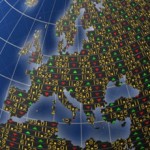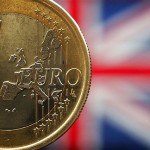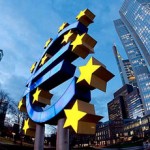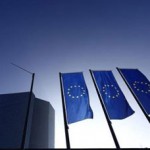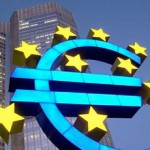European stocks hold six-year highs
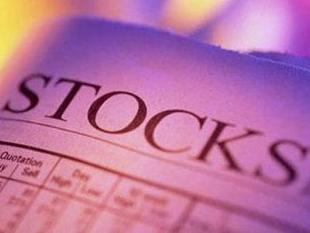
European stocks are holding six-year highs, while Wall Street is on course for another record, as investors continue to absorb the latest bout of central bank stimulus and attention turns to the health of the US jobs market.
The combination of optimism over the global economy and ongoing monetary largesse has helped push the FTSE All-World equity index to a record 279.8, surpassing its previous high touched in late 2007 as the financial crisis began to unfold.
Appetite for risk is patchy, however, with many industrial metal prices lower, top-tier bond prices slightly firmer and little movement in major currency crosses.
The FTSE Eurofirst 300 is opening up 0.1 per cent, on course for its best closing level since January 2008, after its Asia-Pacific peer rose 0.3 per cent and as index futures suggest the S&P 500 will add 1 point to its record close of 1,940.5.
But before New York can claim that prize, traders must deal with the monthly US non-farm payrolls report. Due at 1330 BST, it is a crucial clue to the vigour of the world’s biggest economy, an important element in determining the trajectory of Federal Reserve policy, and thus can have significant impact on broader market sentiment.
Analysts’ consensus, according to Reuters, is for 218,000 net jobs to have been created in May, and for the unemployment rate to rise from 6.3 to 6.4 per cent.
US bond prices are nudging up, pushing 10-year yields down 1 basis point to 2.58 per cent. The dollar index is steady at 80.35.
The buck’s trade-weighted measure had hit a four-month high above 81.0 on Thursday as the euro initially fell to $1.35 after the European Central Bank cut interest rates and delivered a series of liquidity measures to tackle deflationary pressures and boost the bloc’s economy.
But, even though ECB president Mario Draghi also said he was “not finished here” – suggesting a programme of quantitative easing remained a possibility – the single currency’s weakness was shortlived and it is currently off just 1 pip at $1.3658.
Policy-sensitive German two-year bond yields are little changed at 0.05 per cent and 10-years are slipping 2bp to 1.40 per cent.
Eurozone “peripheral” debt is adding to Thursday’s post-ECB gains, with Italian 10-year yields off 5bp to 2.89 per cent and Spain’s down 2bp to 2.81 per cent, both close to record lows.
“The ECB’s negative deposit rate is already driving massive money displacement from money markets into peripheral bonds,” said Lena Komileva, chief economist at G+ Economics.
“On the euro, the market’s anticlimactic reaction is probably a net positive from a medium-term perspective,” she added. “If the ECB’s negative rate had actually worked to weaken the euro, every other central bank, from Sweden to China, would be rushing to reciprocate with their own negative rates, taking market “bubble” fears to a new level.”
Gold, which tends to like central bank announcements of more liquidity, bounced off a four-month trough to about $1,240 an ounce on Thursday, and is currently up another $2 to $1,255.
In industrial commodities the mood is more cautious, with copper’s 0.4 per cent dip to $6,758 a tonne illustrating broad weakness in metals. Brent crude is managing a 13 cent gain to $108.92 a barrel, however, as concerns about supply linger.
Earlier in Asia, trading was mixed. Hong Kong’s Hang Seng lost 0.3 per cent and the Shanghai Composite fell 0.6 per cent. Sydney’s S&P/ASX 200 added 0.5 per cent, while in emerging markets Thailand and Indonesia were up between 0.2 and 0.3 per cent as investors welcomed the ECB’s easing.
India’s Sensex index is up 0.8 per cent to a fresh record as the “Modi rally” rumbles on.
Tokyo’s Nikkei 225 was flat. The futures markets had predicted sizeable gains but a second day of strengthening in the yen deterred stock buyers. The Japanese unit is currently up 0.1 per cent at Y102.30. South Korean markets were closed for a public holiday.
Source: FT









